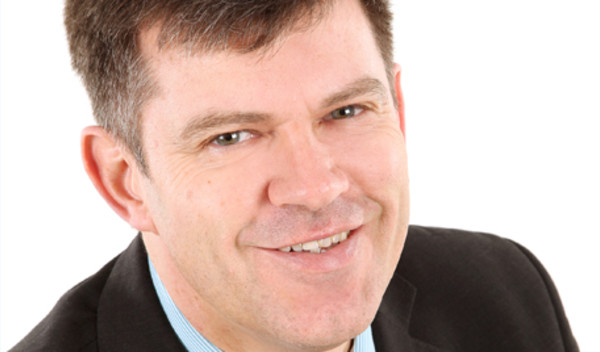

Self-invested personal pension specialist Dentons is “actively looking” to acquire other Sipp providers and is currently in talks with a number of businesses, FTAdviser can reveal.
Technical services director Martin Tilley said “a couple” of these businesses were looking to offload their book of Sipps because increasing regulation was making the sector too expensive.
Increased capital adequacy requirements for Sipps, due to come into force in September, were accelerating the decision of some firms to exit the market, he said.
“We are in discussions with a number of Sipp and Ssas books,” he told FTAdviser. “Some are not very far progressed, some are a bit further. But we are actively pursuing acquisitions within the market place.”
Non-disclosure agreements prevented him from naming the firms, but two of the firms are diversified businesses with an ancillary Sipp operation. He said capital adequacy was “probably a contributing factor” in these firms’ decisions to sell.
“If the Sipp business is not core to their business, but it’s requiring them to put aside certain levels of capital which they would be better able to invest elsewhere in the business, then there are sound business reasons for selling up,” he said.
Dentons has calculated it will have to put aside £2.2m under the new capital adequacy regime – enough to cover business expenses for a year in the event of an organised wind-up.
Mr Tilley said this will not push fees up, which currently stand at £350 to set up a Sipp, and an ongoing annual fee of £545 plus VAT.
He noted two advantages to acquiring other Sipp providers: increased revenue stream through fees and increased distribution channels.
“If you’ve got a Sipp provider that’s got 50 IFAs using it, and you buy that Sipp provider, you’ve also got access to another 50 adviser introducers,” he said.
However, Mr Tilley noted the firm was not looking to acquire businesses “willy-nilly” as he would rather not take on more services than Dentons can actually administer, for fear of service levels falling.
Dentons has not been as acquisitive as some of the hungrier Sipp providers, with only two takeovers in the past three years. In 2013 it bought the Sipp business of RMS Tenon, a deal that increased Dentons’ assets under administration by £250m, then in August 2014 it acquired Sipp book of IFA group Michael Ambrose.
Mr Tilley said the increased capital adequacy requirements would probably lead to increased consolidation and even the failure of some providers. It would also make it even more difficult for providers to allow their clients to buy “non-standard investments” – such as unlisted equities, special purpose vehicles and direct loans – as these require additional capital adequacy.
Dentons will continue to allow non-standard investments, he said.
Research group FinalytiQ last week voiced concerns about the state of the Sipp sector, as the top three providers hold nearly 85 per cent of market share. It said smaller players would be under increasing pressure to consolidate or leave the market.
In the research firm’s annual Sipp financial stability guide, principal Abraham Okusanya said the dominance of main players James Hay, AJ Bell and Curtis Banks does not rule out the survival of smaller players.
james.fernyhough@ft.com



